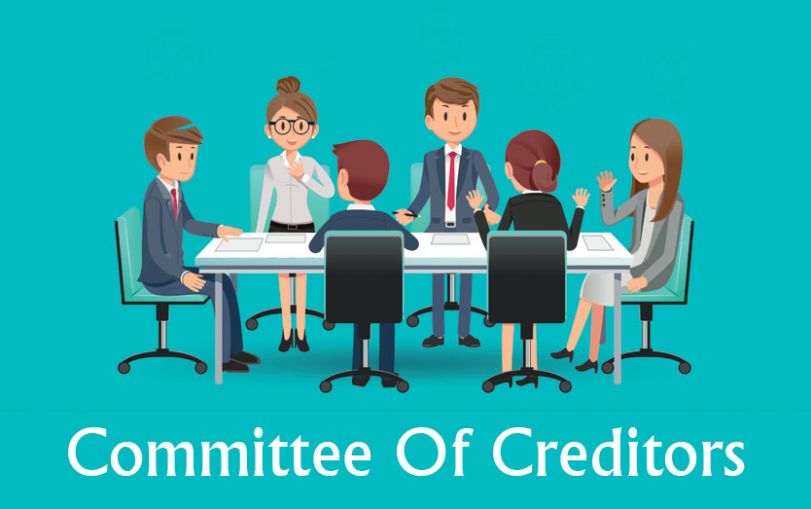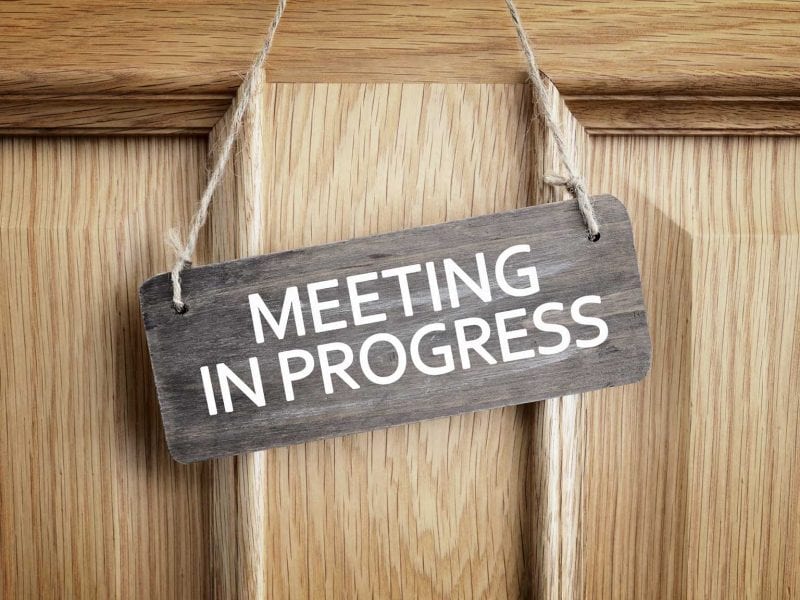Creditors meeting
Gibraltar Financial Services Commission: A Lesson in Financial Regulation
The recent collapse of High Street Group and its security trustee, Castle Trust Management and Services, prompts a closer examination of regulatory practices. Along with the importance of due diligence procedures. With the director of High Street Group, Gary Forrest, ordered bankrupt for liabilities totaling tens of millions of pounds. Castle Trust’s director, Steve Knight,…
Read MoreNorthumberland Living Developments: Allegations and Challenges
Northumberland Living, In West Chevington Farm, Druridge Bay, is a development poised for completion. Only to be stalled by an apparent unforeseen historical conveyancing issue. The repercussions extend beyond construction delays, with disgruntled purchasers raising concerns about alleged delayed interest payments. This scenario, unfortunately, mirrors another development: Ashbrookes. They also use Castle Trust Management and…
Read MoreAre liquidation committees necessary?
Sometimes when a company is wound up via compulsory liquidation or creditors’ voluntary liquidation (CVL) a liquidation committee is formed to monitor the liquidator’s activities and look after creditors’ interests. Without liquidation committees, liquidators could do as they please and put their own interests over those of creditors. The establishment of a committee gives creditors…
Read MoreBenefits of a creditors’ committee
Creditors in a statutory insolvency procedure should establish a creditors’ committee if they want to influence proceedings, set the basis for the insolvency practitioner’s fees, and increase dividends for the general body of creditors. A creditors’ committee consists of 3 to 5 people who are responsible for setting the basis of the insolvency practitioner (IP)’s…
Read MoreHow to make the most of creditors’ meetings (part 2)
Creditors in a statutory insolvency procedure must request and attend a physical creditors’ meeting if they want to assert any significant influence. A meeting of creditors normally takes place shortly after a company becomes insolvent. There creditors get the chance to: Hear an explanation of why the business failed Appoint an insolvency practitioner (IP) Agree…
Read MoreHow to make the most of creditors’ meetings
Most creditors assume they’ve lost all their money when a customer enters a formal insolvency procedure. That’s because few creditors understand how much they can influence an insolvency procedure by actively engaging at Creditors’ Meetings. Creditors’ Meetings usually take place between 1 and 10 weeks after a company declares insolvency. At this meeting, creditors are:…
Read More



